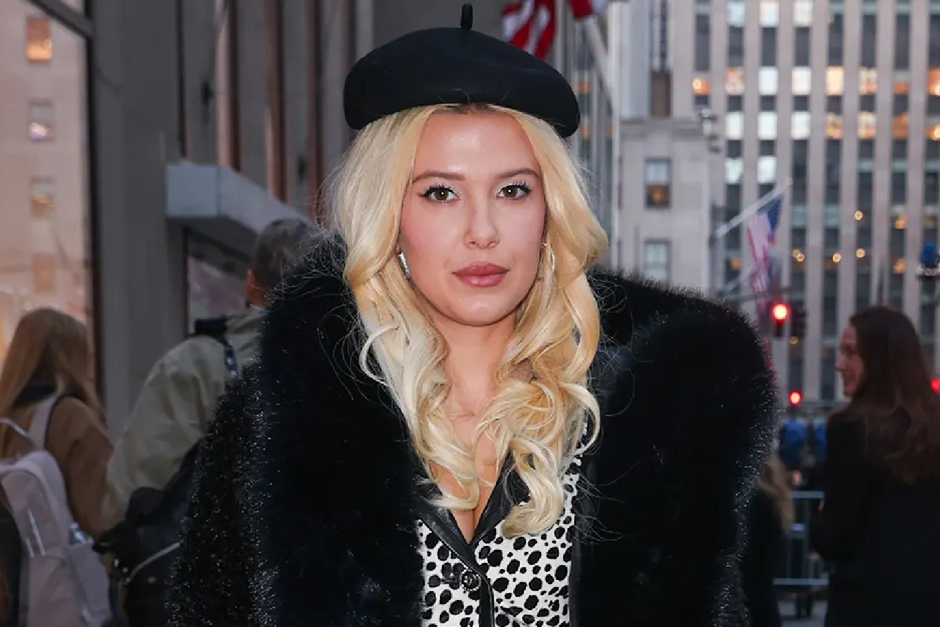In the glittering, often unforgiving world of celebrity, appearance is perpetually under the microscope. From red carpet ensembles to candid paparazzi shots, every curve, every hair out of place, every stylistic choice is dissected by millions. For young stars, this scrutiny can be particularly brutal. Millie Bobby Brown, who practically grew up in the public eye, has recently drawn a crucial line in the sand, courageously speaking out against the relentless, cruel comments directed at her physical appearance. Her stand is more than just a personal plea; it’s a stark reminder of the human cost of online toxicity and a powerful call for a fundamental shift in how we engage with those in the public sphere.
The Unseen Weight of Stardom
Imagine navigating adolescence and young adulthood with the entire world offering unsolicited opinions on your developing body. This is the reality for someone like Millie Bobby Brown. From her breakout role as Eleven in Stranger Things, she has transitioned from child star to burgeoning adult actress and entrepreneur, all while under an intense, unforgiving spotlight. Each style evolution, each natural change in her face or figure, becomes fodder for public debate. It’s a pressure cooker environment where the expectation of perfection clashes violently with the messy, beautiful reality of being human.
The insidious nature of online commentary often blurs the line between constructive criticism and outright cruelty. Comments often target everything from weight fluctuations to makeup choices, dissecting features with a level of vitriol rarely encountered in face-to-face interactions. This constant barrage chips away at self-esteem, fostering body image issues and anxiety, even for those who appear outwardly confident. Brown’s frustration isn’t about shying away from honest discussion; it’s about demanding basic human decency in a space that increasingly lacks it.
A Call for Compassion (and a Mirror for Society)
Brown’s message resonates far beyond the celebrity bubble. Her stand is a stark reminder that behind every screen name, there’s a living, breathing person with feelings, vulnerabilities, and a right to be treated with respect. She isn’t just asking for kinder words for herself; she’s advocating for a more empathetic digital landscape for everyone. The anonymity of the internet often emboldens individuals to say things they would never utter in person, fostering a culture where casual cruelty becomes normalized.
Her powerful words force us to confront our own roles in this digital ecosystem. Do we contribute to the negativity, or do we actively choose to uplift? As Dr. Anya Sharma, a digital ethics researcher, recently noted, “When we comment on a celebrity’s appearance, we often forget we’re speaking to a real person, not a character. This dehumanization fuels a cycle of negativity that impacts everyone, not just the famous.” Millie Bobby Brown’s voice serves as a much-needed wake-up call, urging us to consider the impact of our words before we hit ‘post.’ Her stand isn’t just about protecting herself; it’s about fostering a more compassionate world, one comment at a time.
Millie Bobby Brown’s courageous decision to address the incessant scrutiny of her appearance is a significant moment. It’s a bold declaration that enough is enough, a plea for kindness in an often-unkind world. Her vulnerability humanizes the celebrity experience and serves as a powerful reminder for all of us: words have weight, and empathy should always be our default setting. Perhaps her stand will inspire a collective pause, prompting us to reflect on the power we wield with our keyboards and choose compassion over criticism, especially when it comes to someone’s appearance.




